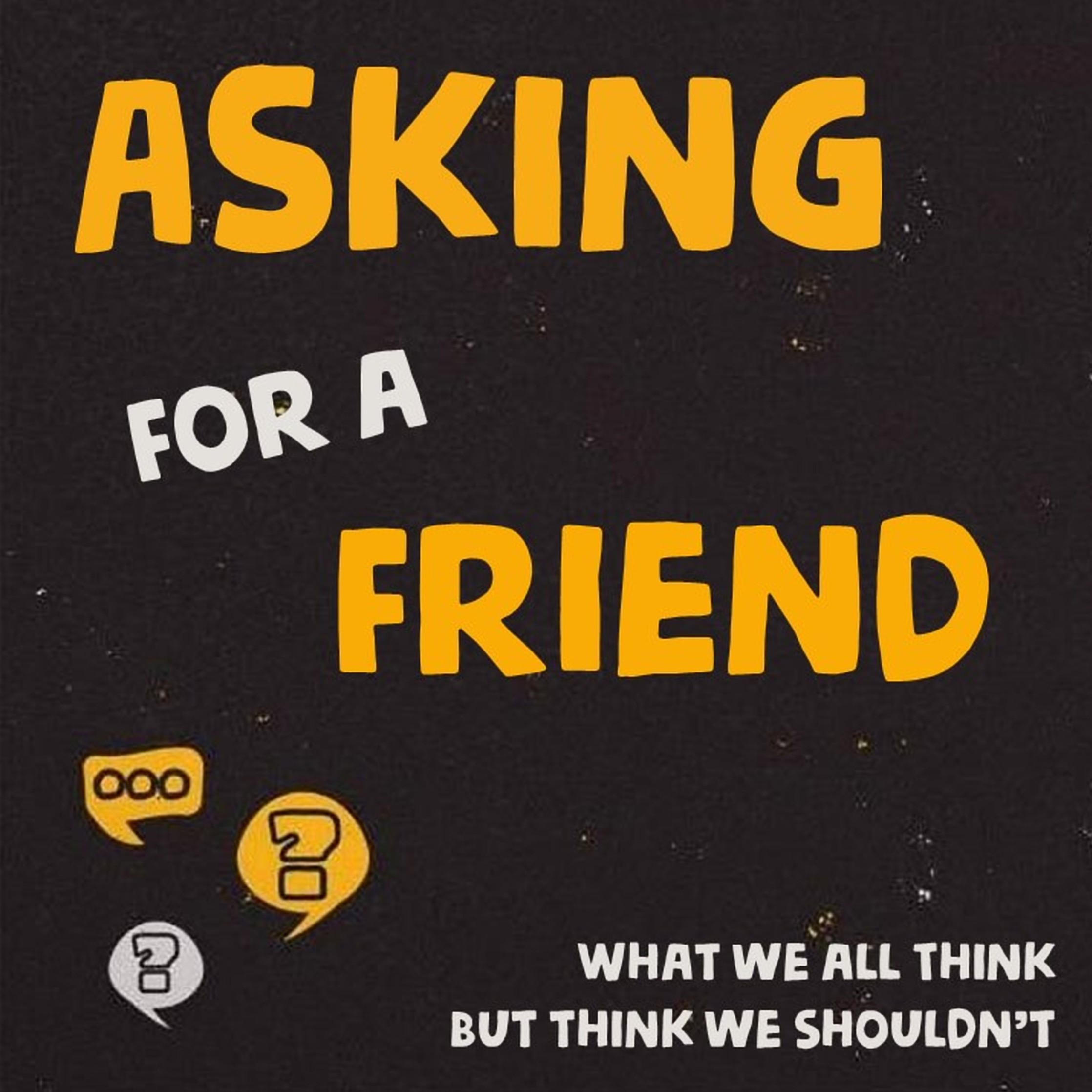The book of Ecclesiastes is a survival manual for a world where survival is not guaranteed. It bypasses philosophy and academic arguments that seem to have little bearing on our lives. Instead, it’s full of help for people who are just trying to make it every day.
At this point in his book, Solomon turns his attention to how we feel when “making it” feels less and less probable. During those difficult seasons, we’ve all wondered: Can I just get God to do what I want?
Please? At least once? I’m doing everything I know to do down here, but God doesn’t seem to be doing his part. So, now what am I supposed to do?
Regardless of what we’re supposed to do, there are plenty of things we try to do in an effort to make God behave the way we think he should. Maybe you’ve tried to buy him off with a bunch of good deeds or a hefty donation? If not, you might try talking him into submission so he finally admits you’re right. At some point, we’ve all tried to make a deal with him. “God, if you get me through this, I promise I will…”
What do you do when none of those tactics work? In spite of all your efforts, the tumors keep growing, the spouse keeps leaving, or the friends stop calling?
How do we pray or listen to God when it feels like he stopped taking our phone calls?
These are the heavy questions Solomon helps us navigate. At the end, he suggests something far more realistic–and fulfilling–than anything we could imagine.
(This message is based on Ecclesiastes 5.1-7)
Podcast: Download (Duration: 46:24 — 21.4MB)









